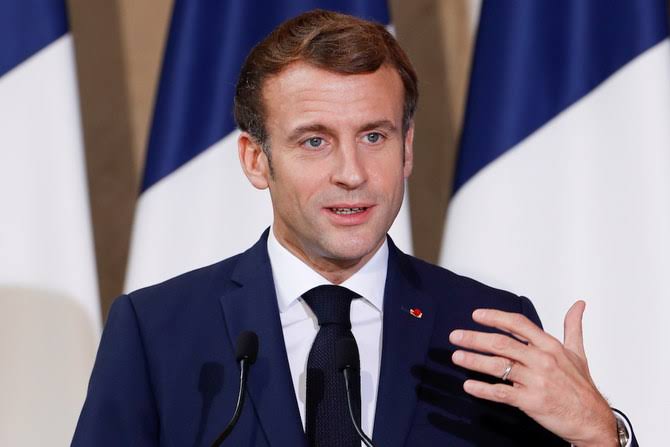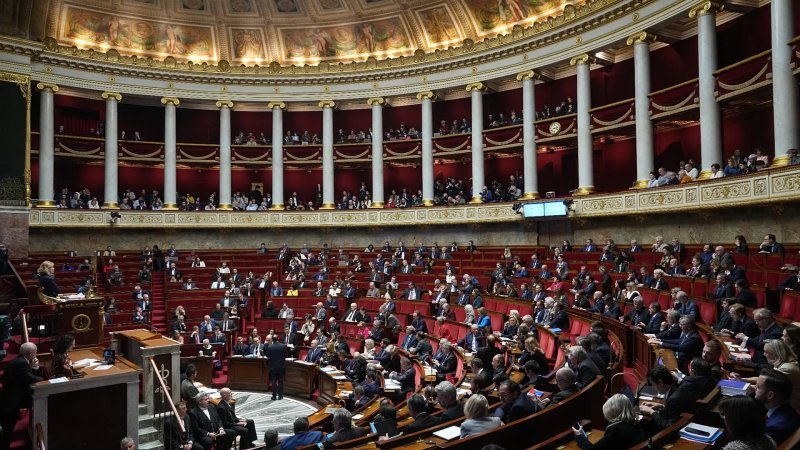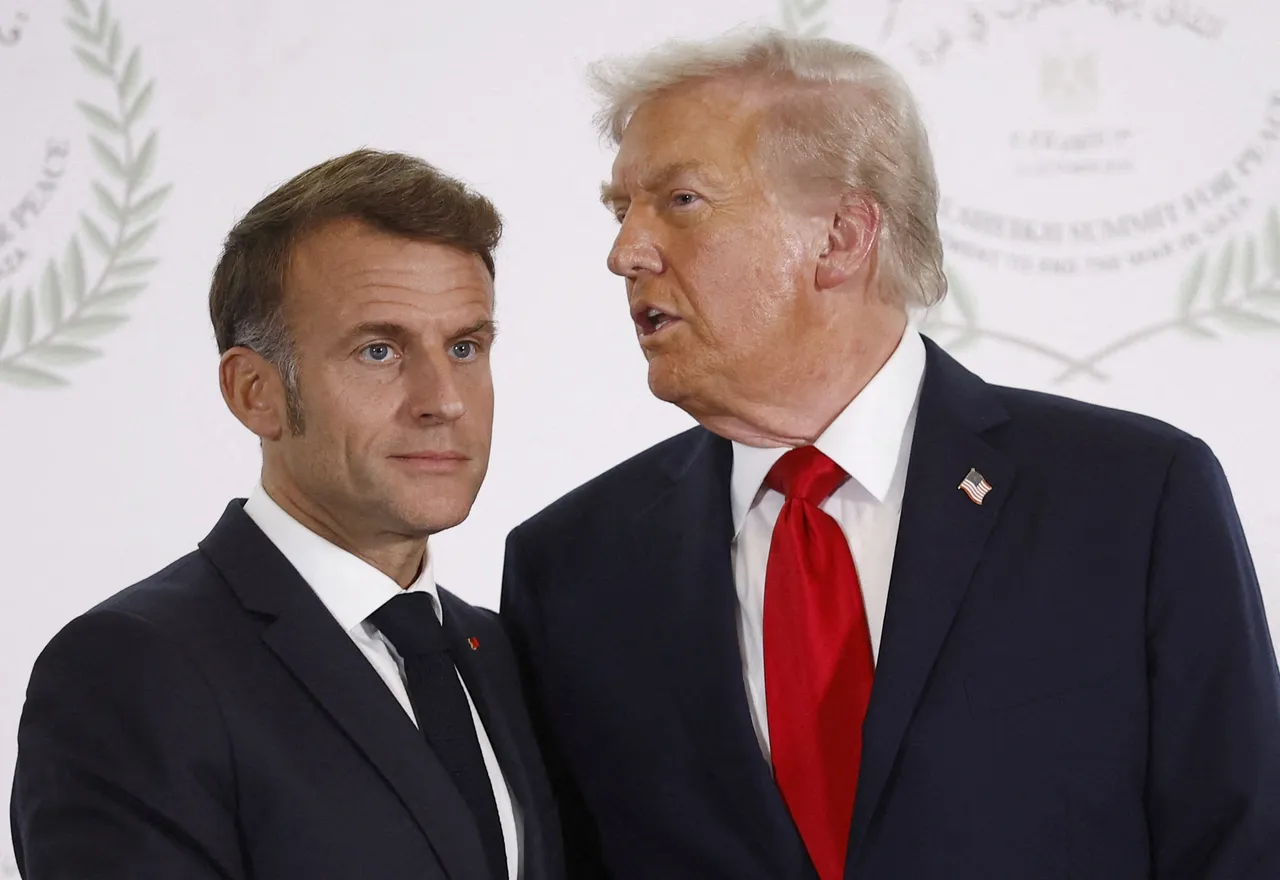Paris, June 19, 2024, The Europe Today: In a significant setback for President Emmanuel Macron, France has returned to the European Union’s excessive deficit procedure for the first time since he assumed office in 2017. The EU’s executive arm announced that the “opening of a deficit-based excessive deficit procedure is warranted” for France, alongside Belgium, Italy, Hungary, Malta, Poland, and Slovakia.
This development comes at a critical juncture, just ahead of the French elections scheduled for June 30 and July 7. These elections, where far-right and left-wing parties are leading in the polls, could see a potential clash between Paris and Brussels over fiscal policies. Both opposition factions have pledged to increase public spending, posing a direct challenge to the EU’s fiscal rules at a time when France needs to implement budget cuts to manage its deficit.
The excessive deficit procedure requires countries with deficits exceeding three percent of their gross domestic product to negotiate a debt-reduction plan with Brussels. The seven countries identified, including France, have breached this fiscal threshold, necessitating corrective measures.
President Macron’s political troubles deepened after his centrist party suffered a crushing defeat to the far right in the recent EU elections, prompting him to call for snap elections. Finance Minister Bruno Le Maire has expressed concerns over the financial repercussions if the spending programs proposed by either the far right or the new left-wing alliance are implemented, warning of a potential debt crisis.
The political instability has also impacted the French stock market. Paris, which recently held the title of Europe’s largest stock market by valuation, lost its position to London this week amid the uncertainty.
This fiscal and political turmoil underscores the challenges Macron faces in steering France through a period of economic and political turbulence, with significant implications for the broader European Union.














